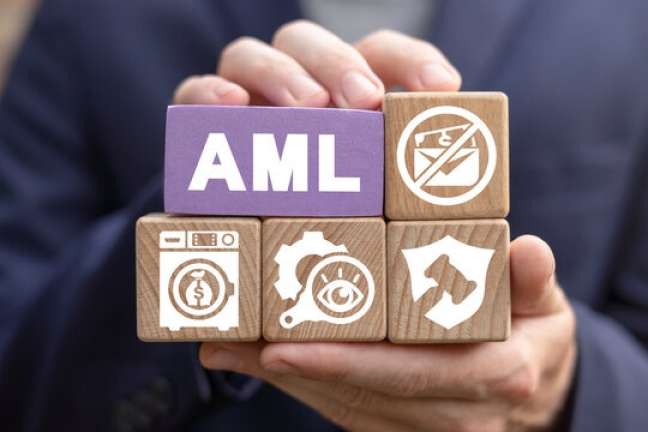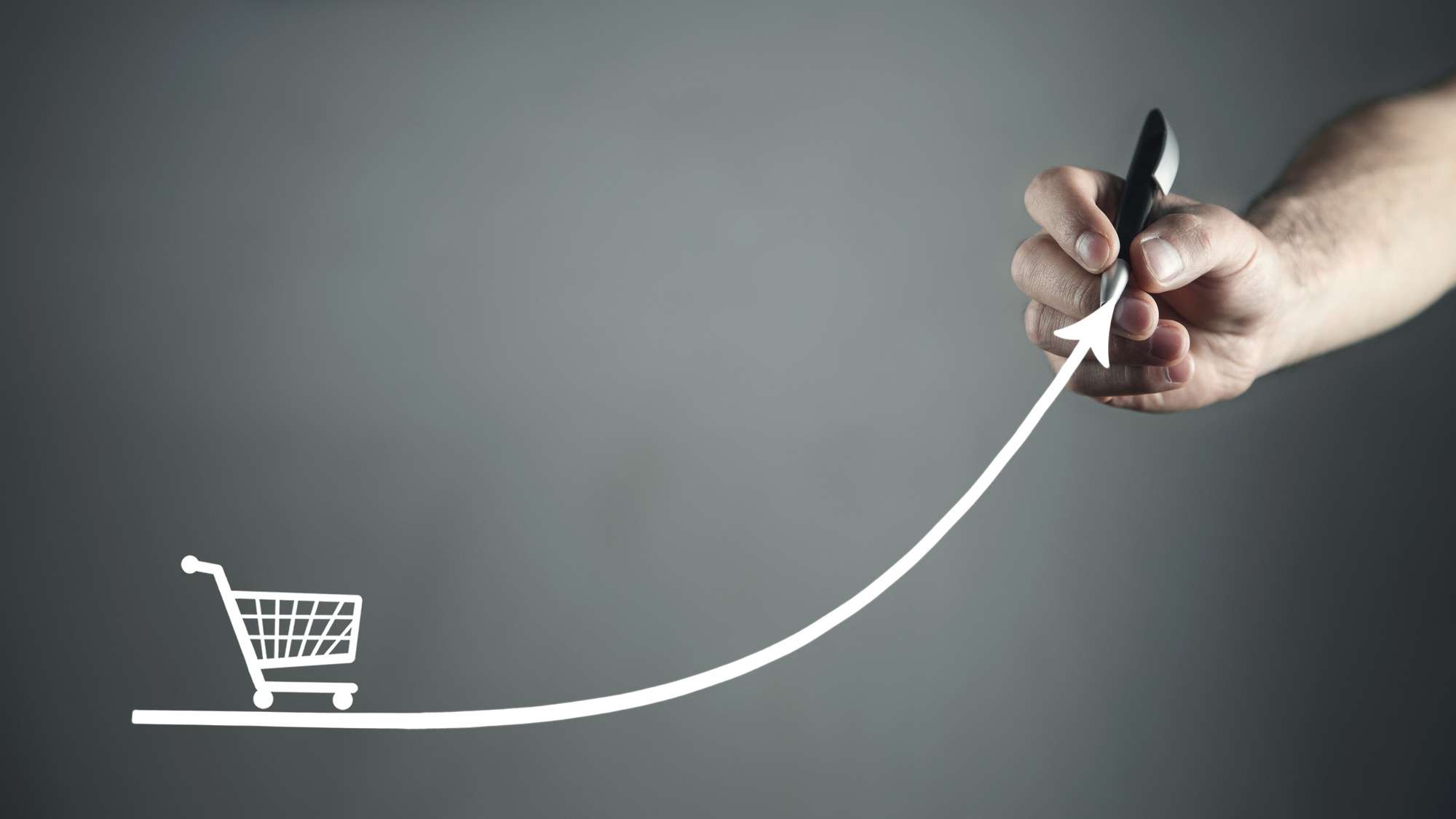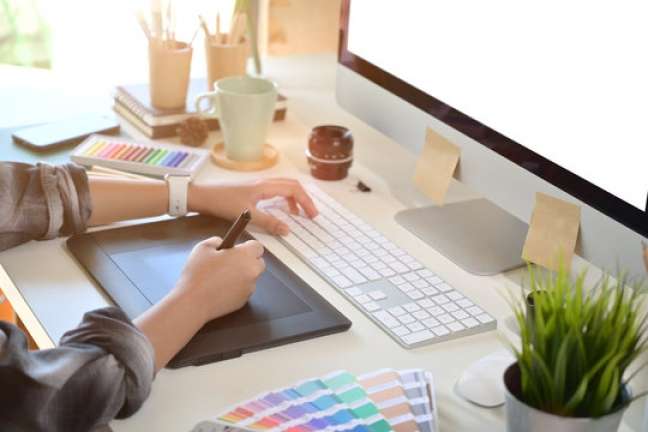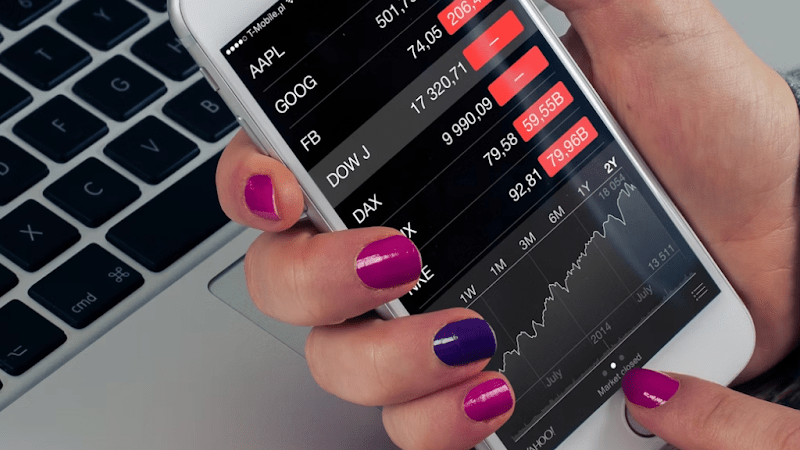Did you recently start a business? Or now have years of experience selling your products to your target audience? No matter how old or recent it has been, we are sure it wasn’t because you planned to sell just a single product every blue moon. Also, it’s not because you aren’t passionate about your brand or the services you provide.
Let’s be honest: entrepreneurs, business owners, and industrialists want to make a difference by delivering unbeatable customer experiences and creating an edge in this competitive world. Without a doubt, it’s challenging for businesses and brands to stand out amongst all the noise in today’s marketplace. Sometimes packaging details fall to the wayside when dealing with product sourcing, website function, marketing, etc.
Packaging has a significant impact on sales. Getting the packaging right can improve your brand’s perception in customers’ minds, create a buzz for your brand, build brand recognition, and influence consumer buying behavior, resulting in more sales.
Yes, packaging comes in many forms and sizes. The packaging industry has come a long way with clever, innovative, and sustainable packaging solutions that are finding their place in our daily lives. According to a recent study, UK consumers preferred sustainable packaging for their products. Another demanded packaging design is the stand-up pouch packaging offering flexibility to end-consumers and businesses to meet their needs.
Stand out from the crowd by selecting the right type of packaging for your products.
More than 7 in 10 shoppers agree that packaging influences their purchase decisions. Hence, companies and brands need to invest in their packaging from the functionality viewpoint and marketing and sales. Below is a comprehensive guide helping your business navigate the packaging world to stand out from the crowd.
Why Invest In Product Packaging?
Product packaging refers to the creation of an outer wrapper for a product. It involves choosing material, form, type, graphics, color, and fonts used on wrapping the bottle, box, carton, can, or any other thing.
Well-packaged products make the world go round! The packaging is essential, whether it’s a packet of your favorite snack M&Ms or a bottle holding your delicious drink. How your product is packaged plays a decisive role in creating customer perception.
Good packaging can surely elevate our brand image, justify the high price and create an edge – and this is just the beginning.
It also helps differentiate your product and brand from the competition. Almost 30% of businesses report an increase in revenue after improving product packaging design.
To provide some more context, 70% of consumers form an impression about a brand solely based on its packaging. It also revealed that 63% of consumers consider product packaging almost as crucial as the brand itself. Not only this, 52% say that they are even willing to pay a little extra for products if their packaging is likable and innovative, and that’s a considerable number of shoppers.
In a nutshell, packaging communicates your brand’s values, product features, and individuality.
How To Make Your Brand Stand Out From The Crowd
Sometimes choosing between a pouch and bottle may be a no-brainer. But, at the same time, sometimes it is. Like any good design, packaging also tells a story. After all, it’s a sensual experience, literally engaging customers through touch, sight, and sound.
It would be best if you considered the following when selecting a packaging design to tell the story you want:
- Product
- Customers
- Competition
- Budget
Different Types Of Packaging Designs
Here are some of the different types of packaging options your brand can incorporate to enhance its product and customer experience:
Paperboard Boxes
A lightweight yet strong material that can be manipulated easily, paperboard is primarily used for packing medicines, cosmetics, juice, frozen food, milk, etc. It’s great for delivering personalized packaging experiences.
Corrugated Boxes
They are simply cardboard boxes used by large shipping, storage, and show companies. The corrugated boxes are available in different varieties depending on durability and strength. It usually involves three layers of paper, an outer liner, and an inside liner to deliver rigidity and strength.
Plastic Boxes
Plastic is used to pack a wide range of products and has already replaced traditional packaging materials. Plastic box packaging has numerous benefits such as recyclability, durability, preserving the quality of food, eliminating contamination issues, and doesn’t break down in extreme conditions.
Rigid Boxes
When you need premium appearance and durability, rigid boxes are it. These are used by luxury retailers such as Tiffany & Co., Marc Jacobs, iPhone, and Rolex, made out of a highly condensed paperboard four times thicker than folding cartons.
They usually don’t require massive machinery, but they incur higher shipping charges due to their non-collapsible nature.
Chipboard Packaging
Chipboard packaging is used in industries like medicines, food, cosmetics, electronics, and beverage, and it’s paperboard made out of reclaimed paper stock. In short, it’s a cost-effective packaging solution for most products.
It comes in an array of densities, strengths, and qualities. One should use chipboard packaging if your business deals with heavy items.
Poly Bags
Also known as plastic bags or pouches, they are manufactured using lightweight, thin, flexible plastic file fabric. It’s a widespread type of packaging that has the power to carry a wide range of products, including waste, food, beverages, flowers, chemicals, etc.
Indeed, they are durable yet reusable and flexible. Pouch packaging comes in various styles, and the most common is the stand-up product packaging, keeping products fresher for longer. It has a resealable zip lock, up to three layers of protection, and a gusset at the bottom, making them ideal for various products such as toys, baking goods, snacks, etc.
Foil Seal Bags
They are typically used in the tea and coffee packaging for their ability to keep the products dense, maintain the flavor, protect from bacteria, and prevent package bleeding. Besides coffee, nuts, cheese, smoked fish, and cured meats are also packaged with foil sealed bags to ensure no spoilage.
In Conclusion
Not long ago, product packaging was just that – an outer wrapping. But, times have changed, and with forward-thinking approaches, the packaging industry has transformed into a customer-centric and value-adding ecosystem.
In some respects, product packaging might even be just as relevant as the item itself. Nowadays, brands strive to create eye-catching and functional product packaging to differentiate themselves from the competition.
Best of all packaging styles? Pouch packaging, especially stand-up design, can be used for almost every type of product without costing much.















